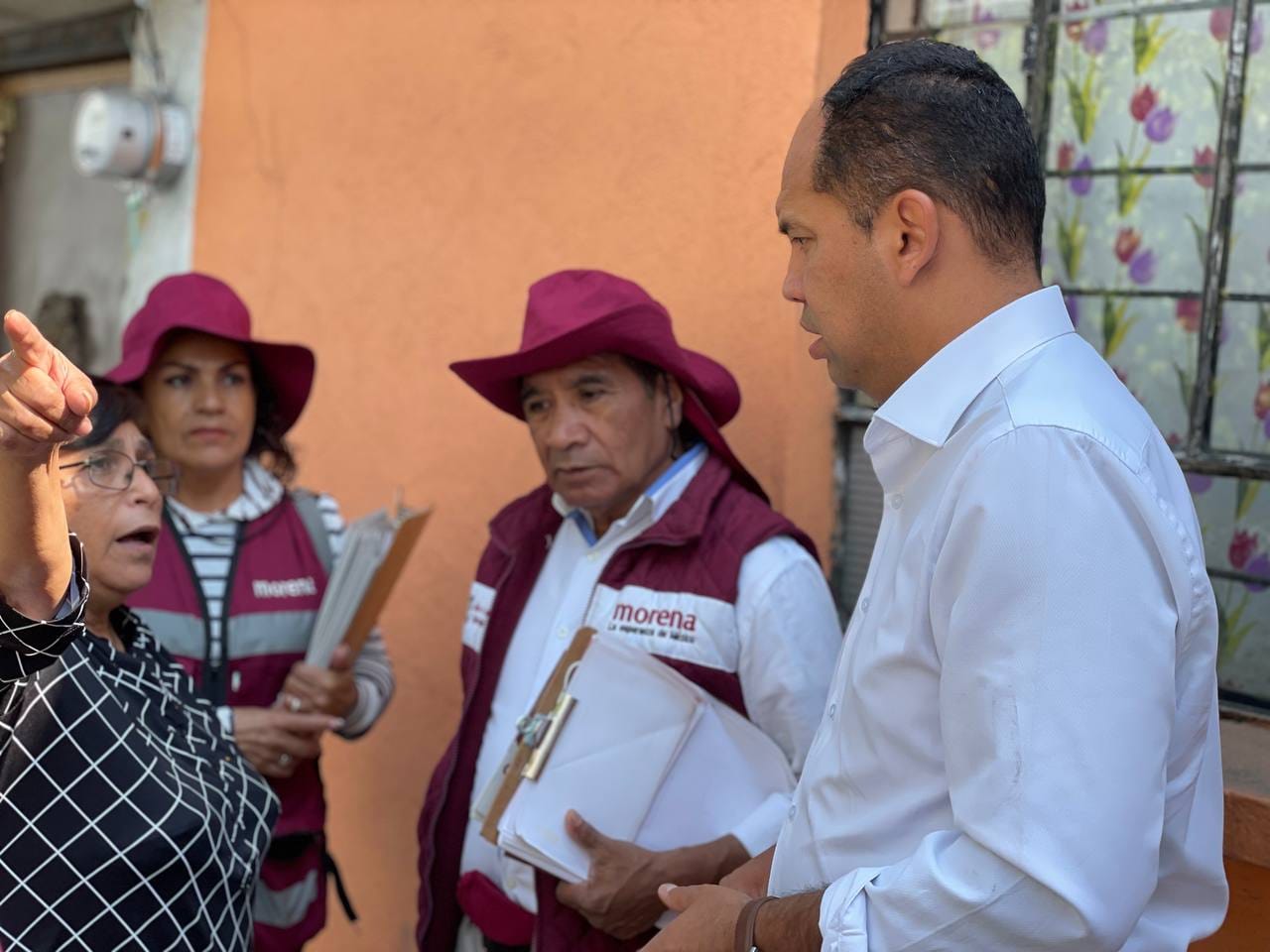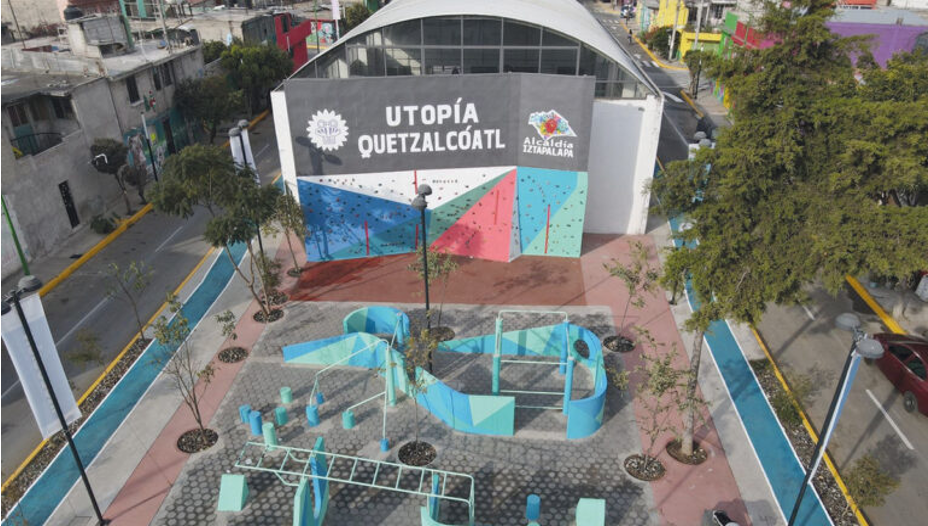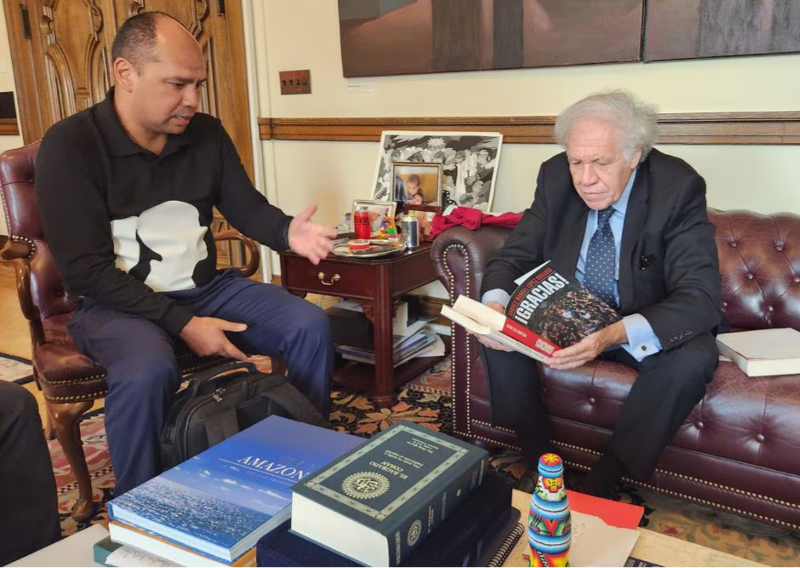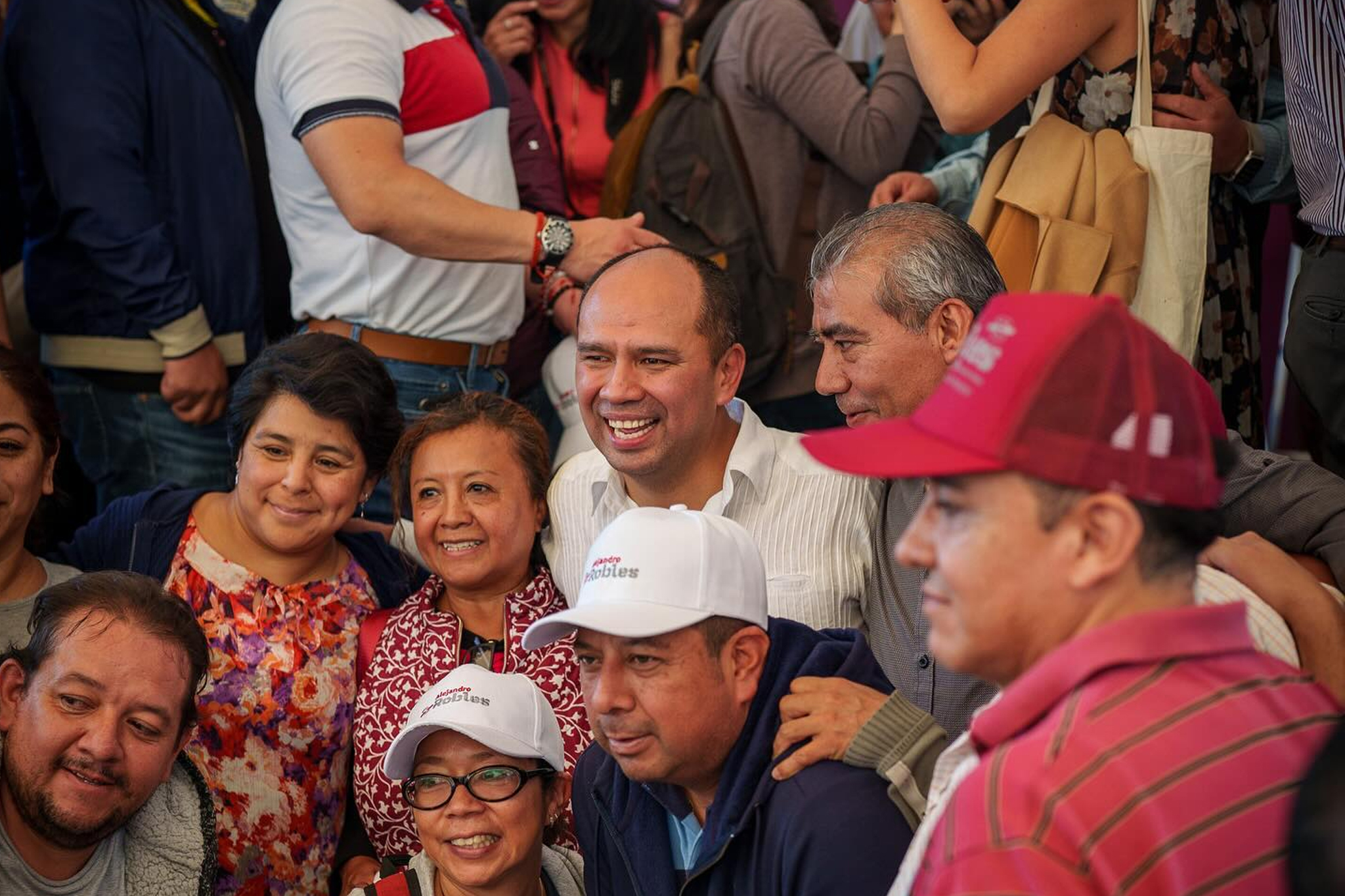Alejandro Robles Gómez, Migrant & Mexican Congressman
When we think of Mexican migrants, we think of farm laborers leaving home after displacement from the dirt they tilled and, without land, becoming truly “dirt poor.” We often assume that such migrants want a one-way ticket out of Mexico.
While that may be true for some, many others have a different story. Alejandro Robles, who lives in both Canada and Mexico, reminds us that migration is usually circular — it’s people coming and going, keeping a foot in each country.
What migrants earn also circles between both countries. Working in a wide variety of jobs in their new residence — as farmworkers, hotel and restaurant service workers, consulate staff, entrepreneurs, professors, and more — they contribute labor and taxes to the countries they migrate to. Their earnings go back to Mexico in billions of dollars in the form of remittances.
Migrants are also a political boon to both countries. Abroad, naturalized Mexicans and their children have been social movement activists and political players, making life better for everyone.
And often migrants engage in Mexican politics as well. Voters elected Alejandro Robles, even while he’s living in Canada, to represent his Mexico City home district in Mexico’s congress. He intends to help transform Mexico into a country whose people live and work in security, and he’s proposing policies that improve life for Mexicans who straddle two countries.
For all of us who believe that people should enjoy both freedom of movement between countries and the right to remain home, Robles and others like him will make out-migration a choice, not a necessity.
The municipality of Coyoacán in Mexico City is Alejandro Robles Gómez’s home base, but he has lived for some time in Canada. His activist roots go back to the student strikes at UNAM (National Autonomous University of Mexico) in 1999/2000, where students resisted a massive tuition hike. In 2006, he began his political service as a representative in the national Congress and has served in various other political positions. Since 2021, as a Morena representative in Congress, he has been a strong advocate for human rights, migrant rights, and uplifting the poor.
As someone living in Toronto, how did you become a Mexican Congressperson (Diputado)?
Morena has reformed Congress to make it the most inclusive in the world, with affirmative action for five traditionally disenfranchised groups: Indigenous, disabled, Afro-descendants, LBGTQ+, and migrants living abroad. I don’t represent migrants in particular; in fact, we diputados/as from abroad are elected by the Mexican people residing in the place we come from. My base is Coyoacán, a municipality in Mexico City. But since my family lives abroad, naturally I specialize in immigration issues.
In the past, people leaving Mexico were sometimes called traitors, but now we call them heroes and heroines. Their remittances of millions of pesos sent home to Mexico are recognized as a major contribution to the Mexican economy.
Immigration is a major issue in US elections. Most US politicians want migrants to “stay in Mexico.” What solutions do you propose?
AMLO has made clear that the burden of a US problem should not be put on Mexico’s back.
Migration is a bilateral issue that involves workers’ rights within the context of trade; we need a renegotiation of the USMCA’s Chapter 23 on labor. First, both countries should provide work permits to migrants. For the US, instead of relying on detention, which requires many facilities, and deportation, which requires a huge police and military effort, the US should recognize that most migrants have people in the US to live with and are willing and able to work. Jobs are available in Mexico, too.
Secondly, the five million undocumented workers in the US, especially in the agricultural sector, are the most insecure and therefore most exploited group of US workers. They need social security numbers and the same labor rights as citizen workers. If these workers are allowed to unionize, the migrant situation will improve on both sides of the border.
In Mexico, the National Institute of Migration is supposed to provide guidance and support, but it’s been corrupt and ineffective. My proposal to Congress is that we create a new Ministry of Migration and Human Mobility using human rights principles. It would guarantee migrant safety and provide services to those either staying or passing through.
The treatment of Haitian migrants is especially upsetting. Mexico has not provided adequate support; they’re more poorly treated than migrants from other countries, and many are sleeping in the streets. These are our brothers and sisters, and we must tackle our own society’s racism.

You have a background in human rights. But have AMLO and Morena turned a blind eye to the families of the disappeared?
What is different today from past PRI and PAN administrations is the government’s willingness to speak the truth. Before, the government denied the existence of femicides. Today, we talk openly about structural violence against women. While it may appear that femicides haven’t decreased, better data now reflects our recognition that this is a distinct category, and we now track them as such. Similarly, with the disappeared we have greater transparency and the resolve to investigate government collusion with cartels.
Still, it’s true we’ve found far too few missing people and tried and convicted far too few of those responsible. We’re just beginning.
Do you agree that Mexicans living abroad are not getting help from Mexican consulates?
Under the old administrations, the consuls only interacted with the officials of the foreign government where they were stationed, not with their constituents. Consuls were appointed by the president; he’d send a name to the Senate, and that person was automatically ratified.
The consulates need to be transformed into defenders of migrants. I propose the direct election of the consuls. The President would nominate three people from the area of each consulate (53 are located in the US). The people of that area would vote their choice, and the winner would be presented for ratification. In addition, people who already live close by would be hired to work in the consulates. They know the people best, and since they already live there, it is cheaper than sending people from Mexico — you know the difference between the peso and the dollar!
Your district is in Mexico City. Do you think that the opposition knows it will lose the presidency, and thus are pulling out the stops to win the race for mayor of Mexico City?

Xóchitl Gálvez wasn’t nominated for president because the opposition thought she could win, but because she could unify the PRI and PAN. They’re thinking ahead to 2030. If their candidate for mayor of Mexico City, Santiago Taboada, wins, his victory could be a springboard for him to regain the presidency for the old regime.
Taboada and Morena’s candidate, Clara Brugada, are opposites in every way. Taboada represents Benito Juarez municipality, the most conservative district in Mexico City. He’s white, rich, and young. Morena’s candidate, Clara Brugada, represents the poorest municipality, Ixtapalapa. What she has done there is incredible, creating areas that are called “utopias.” Those who once literally lived on a garbage dump now live in safety with good transportation, free services, and recreational activities for women and young people.

Recently, Xóchitl Gálvez traveled abroad and asked Luis Almagro, Secretary General of the OAS, to intervene in the upcoming Mexican presidential election to ensure that it’s fair. You had your own chance to talk to Almagro. What did you say?
For Xóchitl to ask for foreign intervention in our elections is shameful and disloyal; it goes against Mexican sovereignty!
I told Almagro that we don’t need his intervention. In OAS countries like Argentina and El Salvador, human rights violations are obvious — he should put his nose under those tents, not ours!
Our electoral commission is independent; recently, it asked AMLO to stop talking about the opposition in certain ways — and he obeyed. There is no risk that the current government will meddle in the June election. And it’s already clear that Claudia Sheinbaum will be our next president. I’m proud and excited to take part in the second stage of the 4th Transformation.

